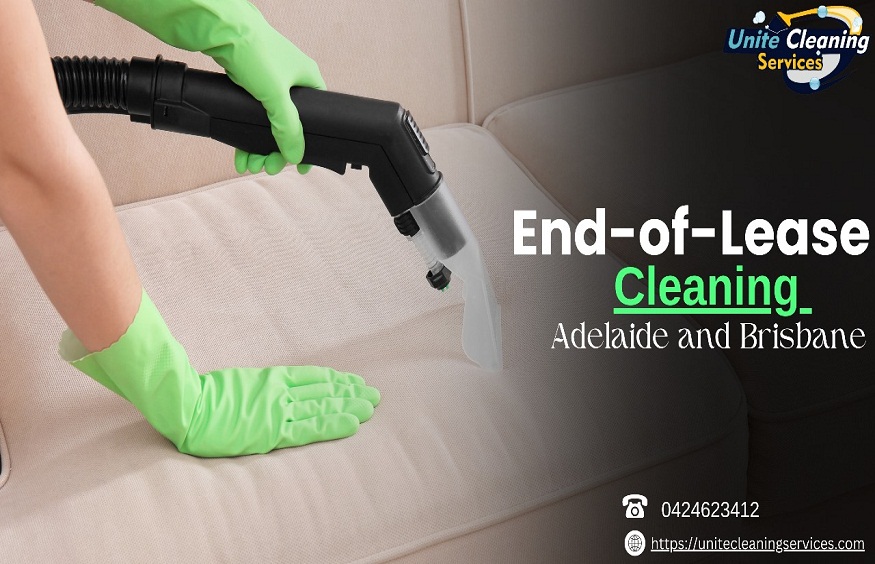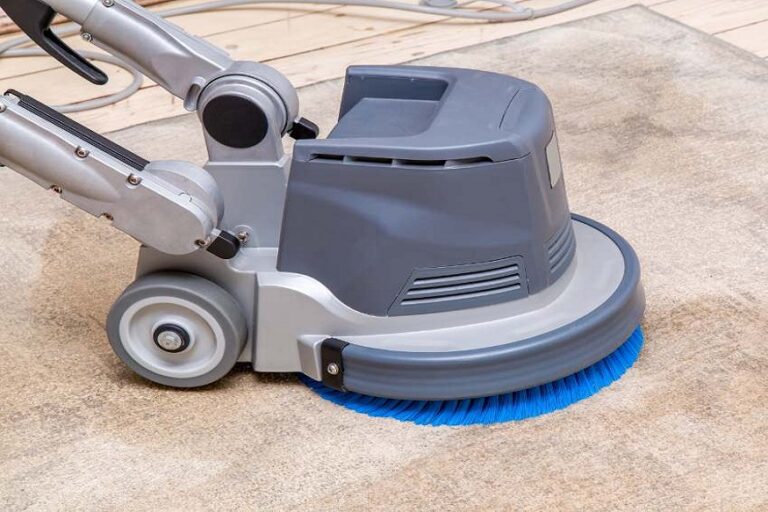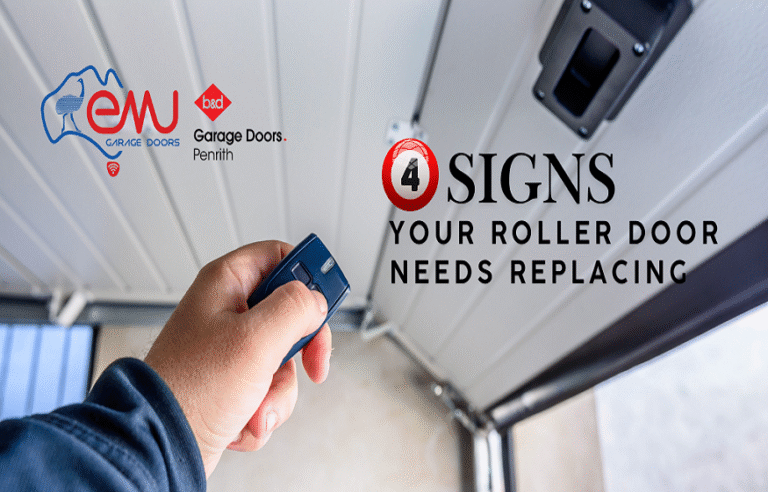In the modern age, technology is revolutionizing nearly every industry, and the cleaning sector is no exception. The growing demand for efficient, eco-friendly, and high-quality cleaning services has pushed cleaning companies to embrace cutting-edge innovations. These advancements not only enhance operational efficiency but also improve client satisfaction. From robotics to smart cleaning devices, cleaning businesses are setting new standards in hygiene and maintenance.
In this article, we explore the technological innovations driving change in the cleaning industry and how they benefit businesses and consumers alike.
The Role of Technology in Modern Cleaning
Technology has become the backbone of many industries, including cleaning. The cleaning sector is no longer confined to traditional tools like mops and buckets. Instead, companies are integrating advanced devices, software, and eco-friendly solutions into their daily operations.
Automation and Robotics in Cleaning
Robotic cleaners have made a significant impact on both residential and commercial cleaning.
- Robotic vacuums and scrubbers: Devices like robotic vacuum cleaners and scrubbers are ideal for large spaces such as offices, malls, and hospitals. These robots are equipped with sensors that allow them to navigate around obstacles and clean efficiently.
- AI-driven cleaning solutions: Artificial intelligence plays a role in enabling robots to learn and adapt to different cleaning requirements. They can identify the dirtiest areas and focus on cleaning them thoroughly.
- Cost-effectiveness: Automation reduces labor costs and allows companies to allocate human resources to more specialized tasks.
IoT-Enabled Smart Cleaning Devices
The Internet of Things (IoT) is transforming cleaning services by enabling devices to communicate and work in harmony.
- Bright dispensers: IoT-enabled dispensers for soap, sanitizers, and paper towels can monitor usage levels and notify staff when refilling is required.
- Sensors for air quality and cleanliness: Advanced sensors can detect air quality and cleanliness levels in real time. This data helps companies schedule cleaning tasks more effectively.
- Data analytics: IoT systems provide actionable insights into cleaning performance, leading to more efficient operations.
Green Cleaning Through Technology
Environmental sustainability is a primary focus in today’s world, and cleaning companies are leveraging technology to reduce their ecological footprint.
Eco-Friendly Cleaning Products
Technology has facilitated the creation of biodegradable and non-toxic cleaning products. These innovations reduce harm to the environment while maintaining cleaning efficiency.
Water and Energy Conservation
- Innovative water systems: Technologies like water-saving cleaning machines help minimize water usage.
- Energy-efficient tools: Devices such as low-energy vacuum cleaners and steam cleaners consume less electricity without compromising performance.
Digital Waste Management
Innovative waste management systems allow companies to sort, recycle, and dispose of waste more effectively. Automated sorting machines and apps that track waste generation are examples of this technology in action.
Software Solutions for Cleaning Businesses
Software is a crucial tool for streamlining operations and enhancing customer satisfaction.
Scheduling and Workforce Management
- Automated scheduling tools: These tools help companies optimize work schedules, ensuring that the right teams are deployed for each job.
- Real-time updates: Apps and platforms allow cleaning teams to update their progress, ensuring transparency and accountability.
Customer Relationship Management (CRM) Systems
CRM software enables cleaning companies to manage client interactions, track feedback, and improve service quality.
- Client portals: Customers can use these portals to book services, view invoices, and provide feedback.
- Personalized experiences: CRM systems help businesses tailor their services to individual customer preferences.
Quality Assurance Through Mobile Apps
Mobile applications are increasingly used for monitoring and quality assurance.
- Inspection checklists: Apps provide detailed checklists for cleaning staff to ensure that all tasks are completed to standard.
- Photo documentation: Staff can upload photos of completed work for client verification.
Remote Cleaning Solutions
The COVID-19 pandemic has accelerated the adoption of remote and contactless cleaning solutions.
Drones for Cleaning Large Spaces
Drones equipped with cleaning agents and UV light are being used to sanitize large areas like stadiums and airports.
- Advantages of drones: They reduce human exposure to hazardous cleaning conditions and can cover vast spaces quickly.
Remote Monitoring and Control
IoT and cloud-based systems enable remote monitoring of cleaning operations. Managers can control devices and oversee tasks from a central location.
Innovations for Residential Cleaning
While commercial spaces are a primary focus, residential cleaning is also benefiting from technological advancements.
Robotic Assistants for Homes
Smart home devices like robotic mops and vacuums have become common, offering convenience to homeowners.
- Ease of use: These devices are simple to program and require minimal supervision.
- Multi-tasking capabilities: Many models can vacuum, mop, and sanitize simultaneously.
End of Lease Cleaning Services
End-of-lease cleaning has specific requirements, and technology is helping companies provide thorough and efficient services. In cities like Adelaide End of Lease CleaningAdelaide companies use advanced tools to ensure properties are spotless and meet tenancy standards.
The Benefits of Technological Innovation in Cleaning
The adoption of advanced technology in the cleaning sector brings a plethora of benefits:
- Enhanced efficiency: Robotic and automated solutions complete tasks faster and with greater precision.
- Cost savings: Long-term use of energy-efficient and automated devices reduces operational expenses.
- Customer satisfaction: Technology-driven cleaning processes ensure high standards, leading to better client feedback.
- Scalability: With advanced tools and software, companies can expand their operations without compromising quality.
Challenges and Future Trends
Despite the benefits, the integration of technology into cleaning services is challenging.
Initial Investment Costs
Advanced cleaning devices and software systems can be expensive, making it difficult for smaller businesses to adopt them.
Training and Skill Development
Employees need proper training to operate sophisticated equipment and software. Companies must invest in continuous learning programs.
Future Trends in Cleaning Technology
- AI advancements: Future robots will likely be equipped with more advanced AI for precision cleaning.
- Sustainable innovations: The development of zero-waste cleaning technologies will continue to grow.
- Integration with intelligent cities: Cleaning solutions will be designed to work seamlessly within smart city infrastructures.
Conclusion
Technology is transforming the cleaning industry, making it more efficient, eco-friendly, and customer-focused. From robotic cleaners and IoT devices to software solutions, these innovations are reshaping how cleaning services are delivered. For businesses in bustling cities like Brisbane, End of Lease Cleaning Services in Brisbane are benefiting from these advancements, ensuring exceptional service delivery.
As technology evolves, the cleaning industry will continue to innovate, offering sustainable and cutting-edge solutions to meet the growing demand for high-quality hygiene standards.













+ There are no comments
Add yours